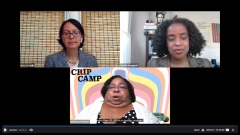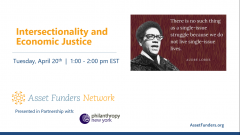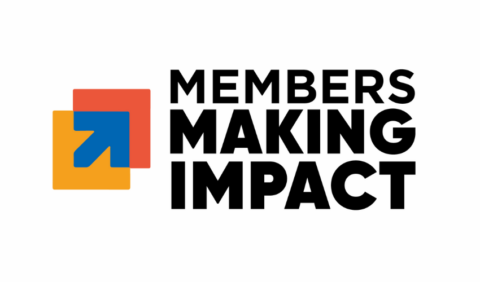Creating more inclusive funding strategies for women of color with disabilities during COVID and beyond
Widespread financial precarity for women of color with disabilities existed before the pandemic. Rooted in existing systemic inequities, COVID worsened the situation and created new access barriers. Race, gender, and disability impact financial stability in complex ways. Having a disability may increase living costs and limit economic opportunities. At the same time, women of color face significant disparities in education, income, employment, financial services, and wealth. Faced with institutional barriers that limit earning and wealth building, disabled women of color are more likely to be unbanked, use alternative financial services, have medical debt, lack access to affordable health care, and experience food insecurity. Given these challenges and the dire need to address them, this webinar explored:
- What immediate changes are needed to help increase the financial stability of disabled women of color?
- What can we do on-the-ground and systemically to better include disabled women of color and move toward intersectional economic justice?
We heard from key thought leaders who have lived experience and/or deep roots working with this community. Panelists shared experiences and recommendations for practices, policies, and pathways to greater financial stability for disabled women of color, who have been excluded for too long.
SPEAKERS
Camille Abrahams Emeagwali, The New York Women’s Foundation
Maria Jaramillo, National Disability Institute
Nikki Brown-Booker, Borealis Philanthropy
RESOURCES
Financial Inequality by NDI
Disability Inclusion Pledge.
National Disability Institute
The Social Model of Disability by Tom Shakespeare in The Disability Studies Reader, 2017.
Race, Ethnicity and Disability: The Financial Impact of Systemic Inequality and Intersectionality
The Extra Costs of Living with a Disability in the U.S. – Resetting the Policy Table
Banking Status and Financial Behaviors of Adults with Disabilities: Findings from the 2017 FDIC National Survey of Unbanked and Underbanked Households and Focus Group Research
Public Policy Changes – A 15-Point Agenda for the Biden-Harris Administration.
Her Disability Check Wasn’t Enough to Live On




